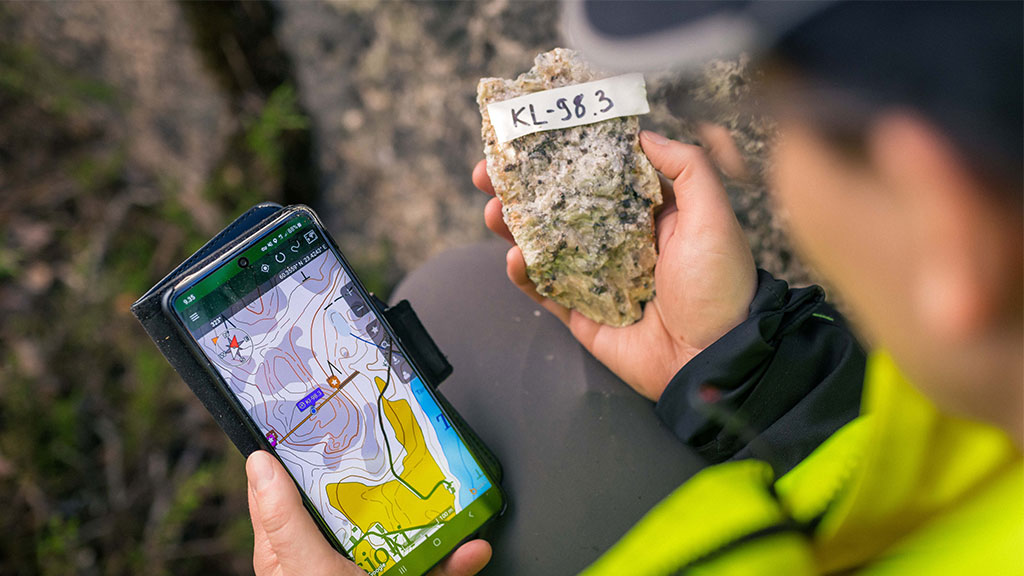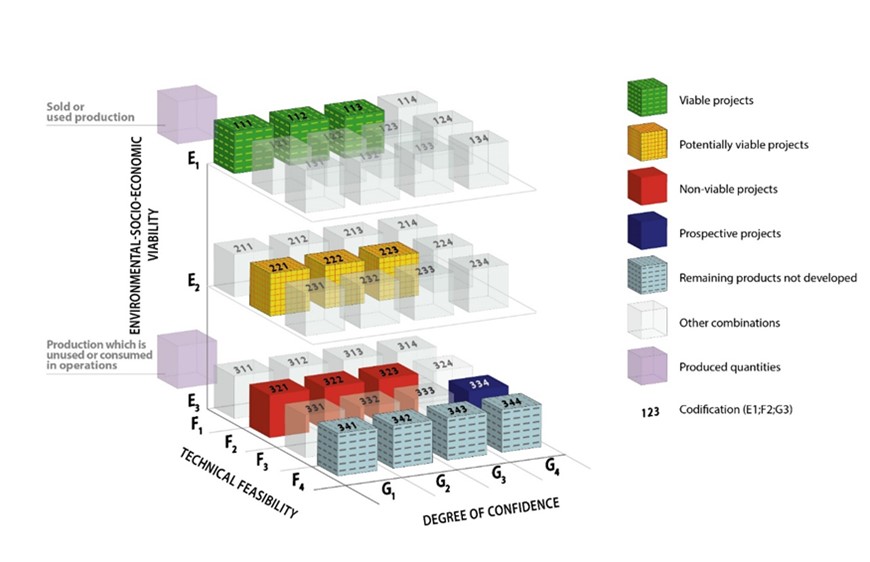The European Classification of Mineral Raw Materials in Line with the Sustainable Development Goals Is Proceeding – The Geological Survey of Finland Participated in the Preparation of UNFC Guidance Europe
Guidelines for the European classification of mineral raw materials in line with the Sustainable Development Goals have been published. The Geological Survey of Finland (GTK) participated in the preparation of the guidelines that define how to classify primary and secondary minerals, such as mine wastes, in a unified way. GTK is a well-known specialist of the theme in Europe, and it has participated in related international cooperation since 2017.

The United Nations Framework Classification for Resources (UNFC) is a classification system for raw materials under the UN, which aims at harmonising global raw material resources to support the UN’s Sustainable Development Goals (SDGs). Based on the European Commission’s decision, it is also a European classification system that produces a better overview of primary and secondary mineral resources, thus, improve security of supply and the achievement of climate goals both at EU and national level.
The recently published UNFC Guidance for Europe document defines guidelines for the unified classification of primary and secondary raw materials in Europe. It was prepared under the coordination of the United Nations Economic Commission for Europe’s (UNECE) Committee on Sustainable Energy. It provides users of the classification system with information regarding themes related to raw material management and technical specialists with instructions on how to classify national resources consistently and in a harmonised way. For example, the guidelines present the interrelationship between the UNFC classification system and the terms of the European Commission’s Infrastructure for Spatial Information in Europe (INSPIRE).
In 2020 Finland classified its mineral resources in accordance with the UNFC system as the first country in Europe. GTK has integrated the UN’s classification guidelines and structure for mineral resources into Finland’s mineral deposit database. As a result, Finland’s total mineral resources can be presented consistently and in a harmonised manner, taking into account the geology of each deposit, the technical work completed, permits, and financial and societal aspects, regardless of when or how mineral resources and deposits have been reported.
The European Commission recently published the EU Critical Raw Materials Act for public consultation. Its key message is that the availability as well as sustainable and secure use of the necessary raw materials play the most significant role in helping achieve Europe’s climate goals (EC 2022). Currently, EU members states have diverse practices for collection mineral raw materials data and reporting systems, which make the EU-level management of raw materials information difficult. Hence, the focus is to create European network of raw materials agencies to harmonize classification and collect information, especially, on critical and strategic raw materials to support the future demand and supply chains in Europe.
What is UNFC?
The United Nations Framework Classification for Resources (UNFC) is a classification under the UN to harmonise raw material resources in accordance with the SDGs (UNECE 2019). In addition to primary and secondary minerals, UNFC cover both renewables and non-renewables, as well as underground storage.

UNFC is a three-dimensional principles-based system for the classification, accounting and reporting of raw materials and production, which defines each project’s environmental and socioeconomic viability, technical feasibility and degree of confidence in estimation.
UNFC based on project maturity is a powerful tool which can be used as part of the accounting of raw materials and products. For example, this enables chronological examination based on certain commercial terms, opportunities and limitations. The E-axis consists of environmental and socioeconomic variables that guide operators. These factors include political decisions, permits, taxes, royalties, and the social licence. Governmental organisations may use the same factors to examine dependencies and scaling from the project level to a national level, which opens the door for a more efficient and sustainable management of raw materials.
More information
Application of the UNFC resource code in Finland Practical guidelines
UNECE 2019. United Nations Framework Classification for Resources, Update 2019.
Janne Hokka, Senior Specialist, GTK
tel. +358 29 503 3009, janne.hokka@gtk.fi
